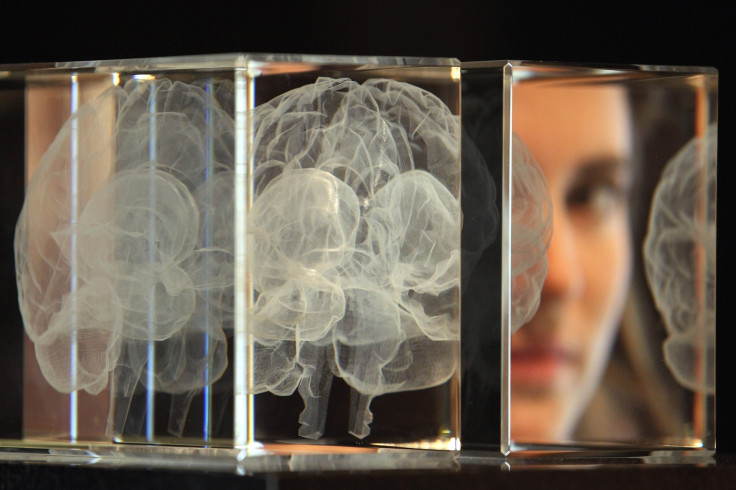Chronic Stress And The Human Brain: High Cortisol Levels Can Damage Cognitive Function, Scientists Say

The type of stress you face day in and day out can eventually develop into chronic stress, at which point it will begin to change your brain. In a TED-Ed video, “How Stress Affects Your Brain,” Madhumita Murgia shows how being overworked or having arguments at home can affect the size and structure of the human brain, as well as how it functions.
Stress starts in the hypothalamus pituitary adrenal (HPA) axis, where a series of interactions between endocrine glands in the brain and the kidneys take place. This controls how your body responds to stress. For example, when your brain detects a stressful situation, your HPA axis is instantly activated and releases the hormone cortisol, which primes the body for a fight-or-flight response.
High levels of cortisol over a prolonged period of time have notable effects on the brain. Chronic stress increases activity among neural connections in the amygdala — the brain’s fear center — which results in heightened cortisol levels. This increase can cause electric signals in the hippocampus — the center for learning, memories, and stress control — to deteriorate, inhibiting activity in the HPA axis, and weakening a person's ability to control stress.
Excess cortisol levels can also cause your brain to shrink, resulting in a loss of synaptic connections between neurons and the shrinking of the prefrontal cortex, a part of the brain that regulates behaviors like concentration, decision-making, judgement, and social interactions. Cortisol may also cause the hippocampus to produce less brain cells, which could make it harder for you to learn and remember things. This can also set the stage for more serious mental health problems, like depression and Alzheimer’s disease.
There are many ways to reverse what cortisol does to the brain, such as exercising or meditating — both help a person become aware of and focus on their surroundings. Decreasing stress levels will increase the size of the hippocampus and improve memory.
Watch the video here:
© Copyright IBTimes 2024. All rights reserved.





















